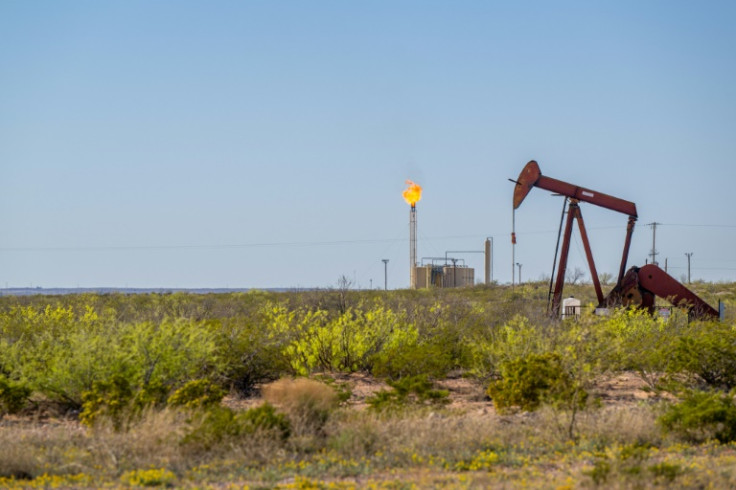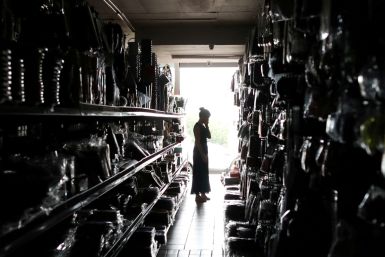Over $100B A Year Needed To Meet Power Demand In Nigeria, Other African Nations: ONHYM

To ensure African electricity demand is met by 2030, the continent requires an investment of over $100 billion per year, according to the National Office of Hydrocarbons and Mines of Morocco (ONHYM) Director General, Amina Benkhadra.
Speaking at the 2024 Africa Gas Innovation Summit in Abuja on Thursday, Benkhadra noted that Africa including Nigeria is facing various challenges including a low electrification rate, low agricultural yields, a low integration rate and a deficit in advanced structures, Premium Times reported.
Benkhadra mentioned that Africa needs a lot of investment in power infrastructure, up to $3 trillion by 2050, to meet its growing electricity needs.
Furthermore, she stressed that Morocco will keep working with Nigeria and other African countries to complete the Nigeria-Morocco Atlantic Gas Pipeline project, which is expected to cost over $25 billion.
"We can also see that with its huge reserves of gas, the current gas infrastructure project pipeline can equate to $245 billion, with more than 90% in the concept stage. To unlock Africa's energy future, we will need to develop major infrastructure projects both at the level of national and local projects," she noted.
According to Benkhadra, the ONHYM has to raise the ambitions of Africa's energy strategy to increase the power generation capacity, starting from encouraging public and private partnership investment and deepening the reforms of our energy governance.
Nigerian Minister of State for Petroleum Resources (Gas) Ekperikpe Ekpo also spoke during the event and noted that the transition to a sustainable energy future requires innovative technologies and practices that would minimize environmental impact and increase efficiency and productivity.
Ekpo, who was represented by the Permanent Secretary of the Ministry of Petroleum Resources Nicholas Ella, said that Africa consists of abundant natural gas resources while Nigeria plays a lead role.
"We have the opportunity to leverage these resources not only to meet our energy needs but also to drive sustainable development. Technological innovation lies at the heart of our endeavor," he explained.
Earlier this year, President Bola Tinubu said his administration will continue to intervene in the oil and gas industry to safeguard and enhance the value of investments in Nigeria.
© Copyright 2025 IBTimes NG. All rights reserved.


















